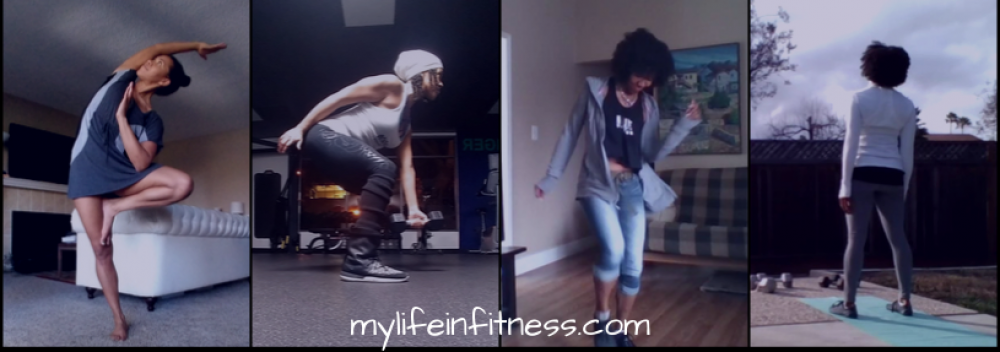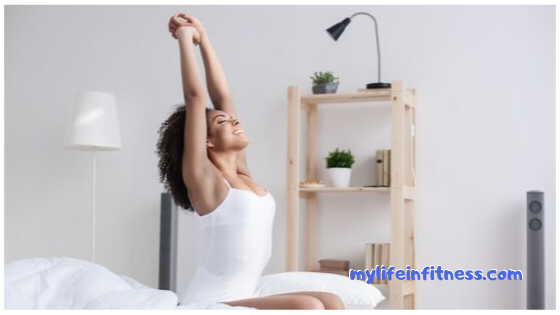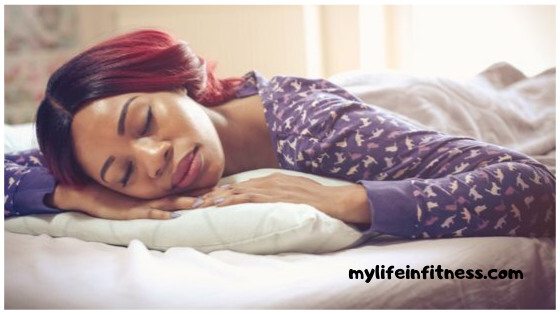You’ve probably heard by now that there are massive benefits to waking up early. Aside from the fact that you’ll have more minutes in your day to tackle your to-do list, getting up earlier means having more sunlight hours, which not only boosts your mood, but also helps regulate your sleep patterns, fortifies your immune system. Are you sold yet? If so, here are 3 simple tips to help you become an early (or earlier) bird.
Set a Wake-Up Window
For a short time, I was a hardcore night owl. Stress and anxiety often kept me awake till 3 or 4 am. Exhausted, I could then sleep till noon or later. To change my habit, I set 10:00am as my designated wake up time, with a window of 30 minutes. My rule was that by 10:30am, I HAD to be out of bed. Your window will depend on your work/school schedule and the time you wake up now. Try this:
- Aim to get up at least 2 hours before work.
- Set 2 alarms. One at your ideal wake up time and another at the end of your window.
- Make a commitment to get up by the time the second alarm rings.
- Make your bed. It’s much more difficult to climb back into bed when the sheets are tucked in and the pillows fluffed.
Try not to make any major changes right off the bat (i.e. getting up at 6:00am when you get up at 12:00pm now). I recommend easing yourself into.
Go to Bed Earlier
This one may seem like a no brainer, but most people overlook the fact that early risers also tend to hit the sheets early too. If your inner child cringes at the thought of going to bed “when you simply don’t wanna,” trust me. You are not alone! Most people find that it’s super difficult to wind down and tuck themselves in. Here’s how to make it easier:
- Count backward from the time you’re supposed to wake up. Give yourself at least 7 hours to sleep. As I discussed in a previous blog, this is the absolute minimum you need to maintain proper functioning of your brain and your body.
- Shut off any and all devices 30-90 minutes before your designated bed time. The light literally disrupts your body’s ability to sleep. A dark room communicates to your body that it’s time to sleep, stimulating the production of sleep hormones.
- Consider getting a wake-up light. These special “alarm clocks” have settings that begin dimming the light to let you know it’s time for sleep until it is completely dark in your room. It will also simulate sunrise to wake you up with soft light in the morning and nature sounds (like birds chirping). I have the Phillips brand Wake-Up Light and I love it, but the Casper Glow also has great reviews.
Do Something You Enjoy
Give yourself something to look forward to in the morning, if for no other reason than the fact that you deserve a reward for getting up earlier. For me, that first thing is having breakfast. Back in my single days, I enjoyed my eggs, toast, and coffee with my mom and my nephew who was barely 2 years old. My life has morphed since then, but the routine has stayed. Now, my fiance and I enjoy breakfast at home together.
What can you add to your morning to make waking up early feel refreshing? Make a list of about 10 things that bring you joy. They can be super easy like pulling up Spotify on your phone so you can dance to your favorite, uplifting song or more challenging, like throwing on your workout gear to hit the gym for a workout. It’s YOUR gift to yourself, so make it something you can smile about afterward.


